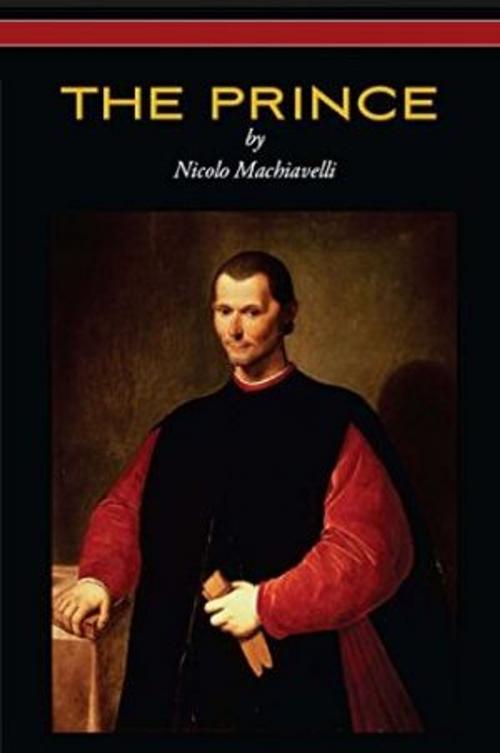| Author: | Nicolo Machiavelli | ISBN: | 1230002335308 |
| Publisher: | Jwarlal | Publication: | May 23, 2018 |
| Imprint: | Language: | French |
| Author: | Nicolo Machiavelli |
| ISBN: | 1230002335308 |
| Publisher: | Jwarlal |
| Publication: | May 23, 2018 |
| Imprint: | |
| Language: | French |
Although there is little recorded of the youth of Machiavelli, the Florence of those days is so well known that the early environment of this representative citizen may be easily imagined. Florence has been described as a city with two opposite currents of life, one directed by the fervent and austere Savonarola, the other by the splendour-loving Lorenzo. Savonarola's influence upon the young Machiavelli must have been slight, for although at one time he wielded immense power over the fortunes of Florence, he only furnished Machiavelli with a subject of a gibe in "The Prince," where he is cited as an example of an unarmed prophet who came to a bad end. Whereas the magnificence of the Medicean rule during the life of Lorenzo appeared to have impressed Machiavelli strongly, for he frequently recurs to it in his writings, and it is to Lorenzo's grandson that he dedicates "The Prince."
Machiavelli, in his "History of Florence," gives us a picture of the young men among whom his youth was passed. He writes: "They were freer than their forefathers in dress and living, and spent more in other kinds of excesses, consuming their time and money in idleness, gaming, and women; their chief aim was to appear well dressed and to speak with wit and acuteness, whilst he who could wound others the most cleverly was thought the wisest." In a letter to his son Guido, Machiavelli shows why youth should avail itself of its opportunities for study, and leads us to infer that his own youth had been so occupied. He writes: "I have received your letter, which has given me the greatest pleasure, especially because you tell me you are quite restored in health, than which I could have no better news; for if God grant life to you, and to me, I hope to make a good man of you if you are willing to do your share." Then, writing of a new patron, he continues: "This will turn out well for you, but it is necessary for you to study; since, then, you have no longer the excuse of illness, take pains to study letters and music, for you see what honour is done to me for the little skill I have. Therefore, my son, if you wish to please me, and to bring success and honour to yourself, do right and study, because others will help you if you help yourself."
Although there is little recorded of the youth of Machiavelli, the Florence of those days is so well known that the early environment of this representative citizen may be easily imagined. Florence has been described as a city with two opposite currents of life, one directed by the fervent and austere Savonarola, the other by the splendour-loving Lorenzo. Savonarola's influence upon the young Machiavelli must have been slight, for although at one time he wielded immense power over the fortunes of Florence, he only furnished Machiavelli with a subject of a gibe in "The Prince," where he is cited as an example of an unarmed prophet who came to a bad end. Whereas the magnificence of the Medicean rule during the life of Lorenzo appeared to have impressed Machiavelli strongly, for he frequently recurs to it in his writings, and it is to Lorenzo's grandson that he dedicates "The Prince."
Machiavelli, in his "History of Florence," gives us a picture of the young men among whom his youth was passed. He writes: "They were freer than their forefathers in dress and living, and spent more in other kinds of excesses, consuming their time and money in idleness, gaming, and women; their chief aim was to appear well dressed and to speak with wit and acuteness, whilst he who could wound others the most cleverly was thought the wisest." In a letter to his son Guido, Machiavelli shows why youth should avail itself of its opportunities for study, and leads us to infer that his own youth had been so occupied. He writes: "I have received your letter, which has given me the greatest pleasure, especially because you tell me you are quite restored in health, than which I could have no better news; for if God grant life to you, and to me, I hope to make a good man of you if you are willing to do your share." Then, writing of a new patron, he continues: "This will turn out well for you, but it is necessary for you to study; since, then, you have no longer the excuse of illness, take pains to study letters and music, for you see what honour is done to me for the little skill I have. Therefore, my son, if you wish to please me, and to bring success and honour to yourself, do right and study, because others will help you if you help yourself."















